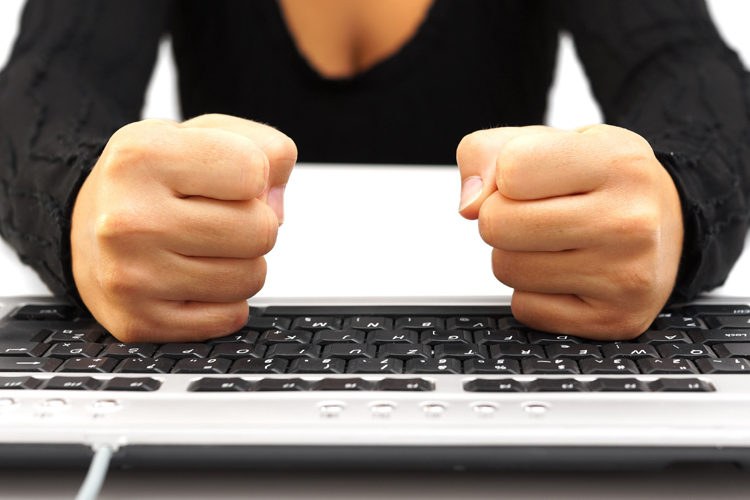When Gmail went down, there was much rending of flesh and gnashing of teeth and spontaneous #whengmailwentdown Twitter poetry. And then Gmail was back up, 15 or 20 or 25 minutes later, and we all went back about our business. With maybe a nervous chuckle and a rueful grin, cause jeez, there’s nothing that illustrates our cultural dependency on a giant Silicon Valley corporation than a few horrific minutes without access to our email!
If you were reading a book, or riding your bike, or maybe just having lunch (or under the age of 25), you might have missed this profound cultural moment. Heck, I didn’t even realize Gmail was down until I checked Twitter, and got smacked around by the collective howl of disconnection.
But that chorus of ad-libbed gmail commentary — equal parts snark and woe and incisive analysis — gosh, that was something. Partisan divisions, culture war skirmishes, gender hostility … all gone. When Gmail went down, we became one nation, out of many inboxes. The reaction to the Gmail outage probably caused a sharper drop in productivity than the outage itself.
There’s something sweet about seeing such unity forged from catastrophe — however fleeting that unity might be, however quickly we returned to our own demarcation zones soon afterward. But the whole episode was also a disquieting reminder of digital vulnerability. We joked to hide our nervous realization that our daily lives are now significantly defined by the connectivity delivered to us by a tiny handful of corporations. When Gmail went down, we got a useful wakeup call.

